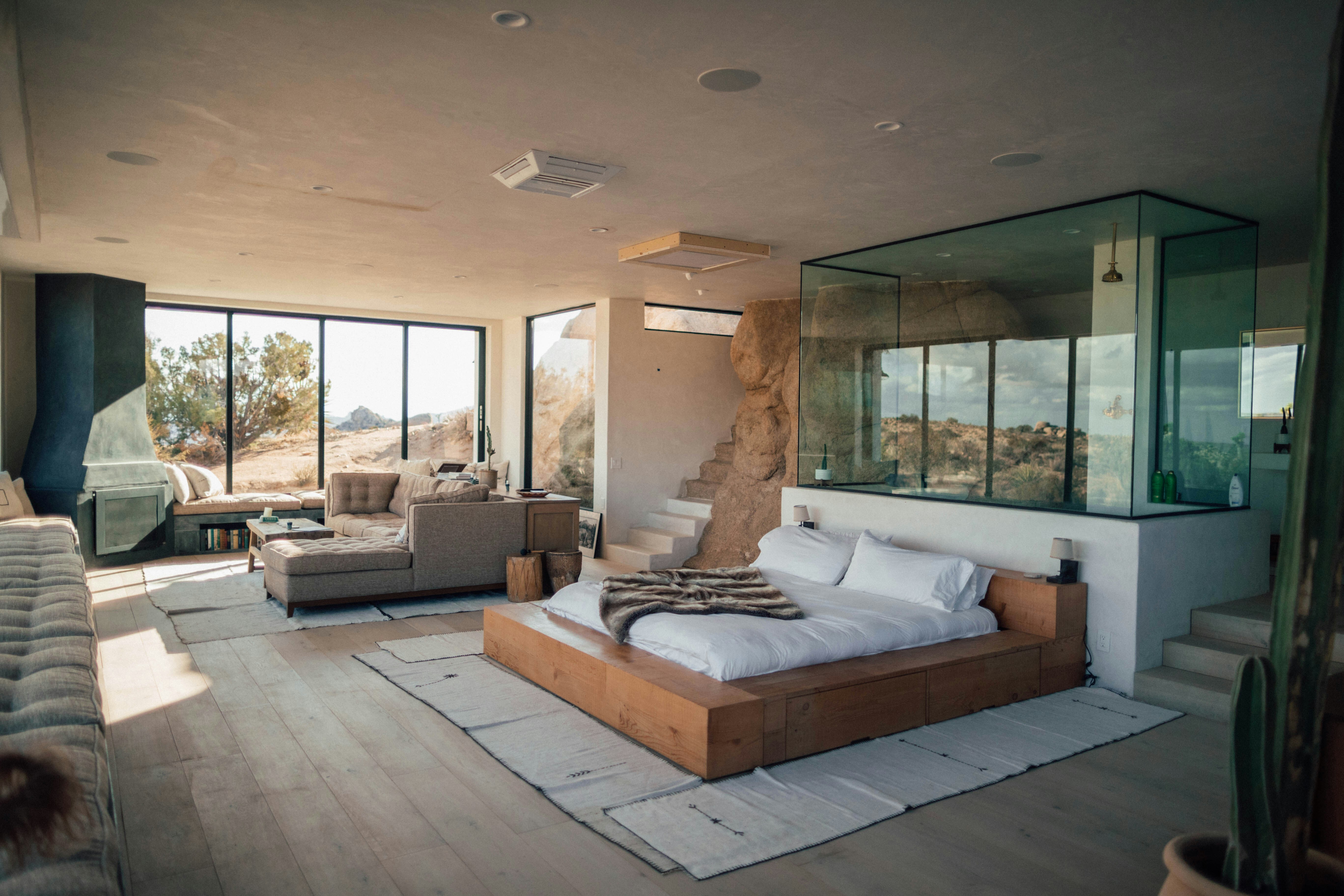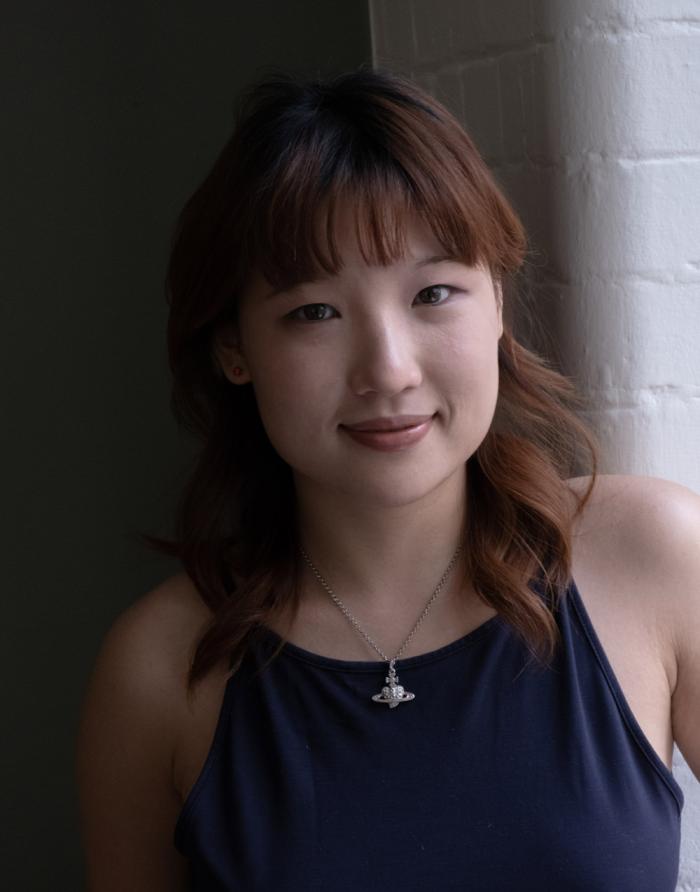Travelling to rest, not rush
The age of maximising every moment on holiday is giving way to something softer, slower and significantly more meaningful. Across continents, culture, and age, a quiet revolution is underway: sleep is no longer an afterthought. It’s the destination.
Often referred to as “sleep tourism,” this emerging category is just the tip of the iceberg. Beneath it lies a broader reset in attitude. In a world that’s long equated busyness with value, prioritising sleep has become an act of self-awareness, emotional resilience, cultural status, and, for some, a new kind of luxury.
From Sleep Tourism to Sleep Strategy
The rise of sleep-focused travel is both visible and felt. Hilton’s latest Trends Report names sleep-first travel as a key growth theme for 2025. Nearly half of global travellers now avoid setting alarms while on holiday, and 70% of luxury travellers actively seek out sleep-optimised environments - blackout blinds, sound therapy, circadian lighting.
Luxury hospitality is leading the charge in reimagining rest:
- The house spa at Four Seasons Koh Samui, the famous ‘white lotus resort’, offers a "Secret Night Ritual" blends Tibetan sound bowls, massage, and aromatic bathing.
- Conrad Bali features SWAY Sleep Therapy with cocooning silk hammocks and parasympathetic-activating soundscapes to lull the nervous system into rest.
- SHA Wellness Clinic in Spain merges diagnostics, stress mapping, and nutrition planning, improving deeper sleep health in a clinic-meets-retreat format.
Each example points to something larger: rest is being redesigned and rebranded from passive downtime to a valuable, sensory, and deeply personal experience.
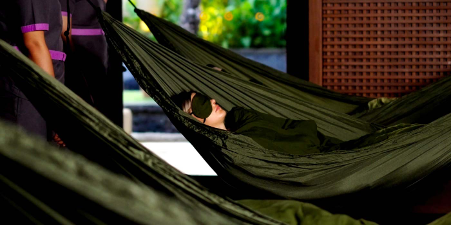
Sleep as a new metric of performance and wellness
Sleep isn’t just something people complain about missing, it’s something they’re actively trying to understand and improve based on their unique physical conditions and lifestyles. Studies show that one in three adults globally don’t get enough sleep (WHO). In the U.S. alone, over 70 million people suffer from sleep disorders (CDC, NIH). The sleep crisis is real, and it’s pushing people toward more intentional behaviours.
Many are syncing their lifestyles around sleep. From wearing Oura rings to track deep sleep cycles, to using blue-light blocking glasses and evening routines built for winding down, sleep is becoming a daily performance indicator. As one self-identified biohacker in our recent consumer study put it: “I have a ring that vibrates to wake me up at the best point in my sleep cycle. It’s connected to everything else I do… Magnesium, steps, food timing - if I get these right, I don’t just sleep better, I am better.”
What’s clear is that sleep has become a new measure of wellness, almost like an everyday performance metric that encompasses not just how you function, but how you feel, recover, and show up in the world holistically.
Sleep-driven mindset is spilling into other industries
Sleep, and the rituals that support it, are now woven into how we care for ourselves and define quality of life. This recalibration of rest is echoing across industries. From beauty to tech, brands are moving from ‘do more’ to ‘recover well.’
Skincare brands are shifting their tone, from fast fixes to long-term resilience. Overnight masks and language around barrier repair are resonating more deeply than instant results.
In tech and wearables, the narrative is shifting from passive tracking to active readiness. Tools like the Oura ring now prompt users to rest, recover, and align with their optimal rhythms.
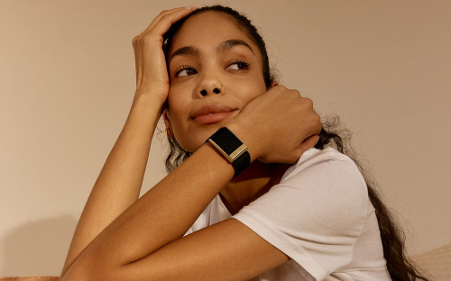
Sport and activewear are tapping into the rest-performance loop. Brands like Therabody and Normatec now champion recovery as a strength-builder and long-term performance, not just rehab.
Even the language of luxury is softening. From Bulgari to Equinox Hotels, there’s a growing shift toward crafting spaces that make rest feel not incidental, but intentional.
For brands, this isn’t just a lifestyle trend. It’s an emotional shift. Sleep, and the rhythms around it, have become a new kind of desire, one rooted in care, clarity, and control.
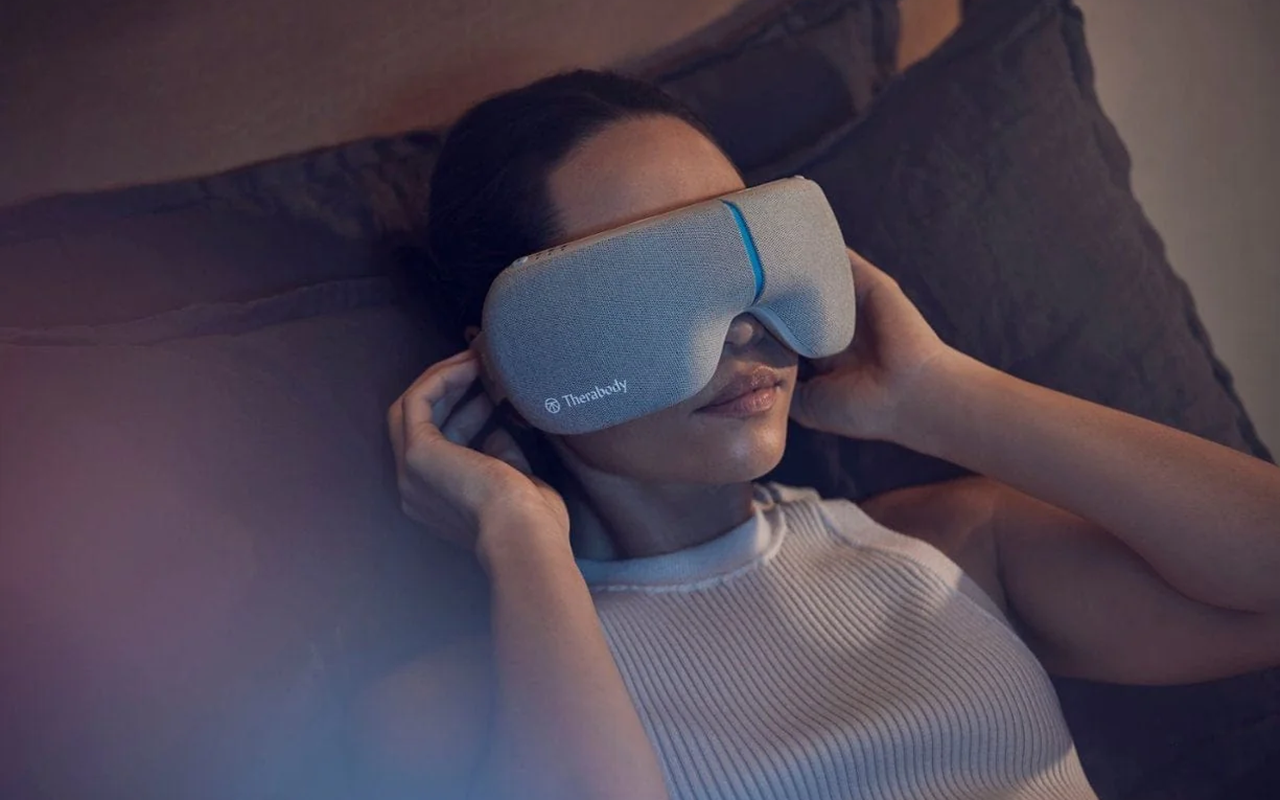
The Strategic Opportunity for Brands
If sleep is now a core value signal, restorative, rebellious, and desired, what could this mean across categories?
1. Beauty & Skincare
- Sleep is repair time. Brands can connect rest to barrier support, hormonal balance, and regenerative glow.
- Move from "overnight miracles" to "circadian syncing", helping people align skin rhythms with rest patterns.
2. Luxury & Hospitality
- Make sleep the star, not the side dish. Design for multi-sensory rest experiences that feel personalised, performative, and rare.
- Think recovery menus, pillow menus, nap pods, dream concierges.
3. Tech & Wellness
- Reposition wearables as readiness tools, not fitness monitors. The future of health tracking is mood, sleep, recovery.
- Collaborate with hotels or airlines to integrate live rest insights into journey planning.
4. Sports & Activewear
- Flip the script: market rest as the foundation of strength, not just the break between efforts.
- Co-own the recovery space through loungewear, audio tools, and rest rituals.
5. Culture & Communications
- Rest is culturally resonant: from resistance to hustle, to the new markers of status and self-awareness.
- There’s space for new iconography, new rituals, and new language. Not “lazy Sunday” but “deep charge.” Not “doing nothing,” but “purposeful pause.”
Final Word: Sleep opens up a powerful edge for change
As rest becomes more intentional, it’s no longer just a personal priority, it’s cultural. In a world that glorifies hustle and hyper-productivity, choosing to slow down is purposeful.
In all this slowing, we’re waking up to new kinds of adventure: deeper questions, renewed clarity, more conscious ways of living. Sleep isn’t just how we close the day. It’s how we begin again, with softer rhythms, stronger boundaries, and a clearer sense of what matters.
For brands, this isn’t just an opportunity to respond. It’s a moment to lead, to reimagine what it means to care, to perform, and to pause with meaning.
